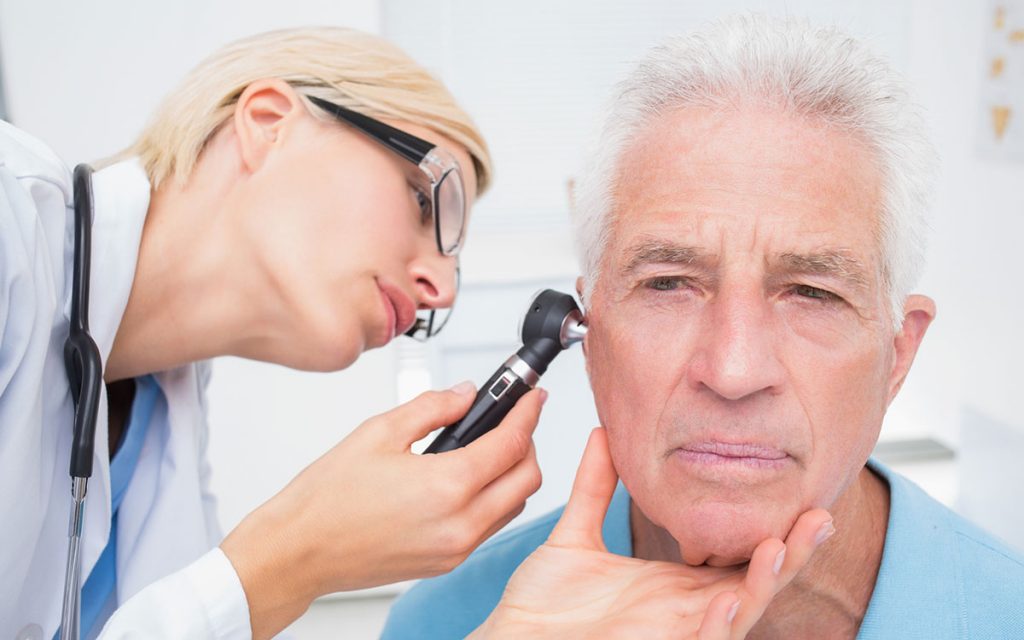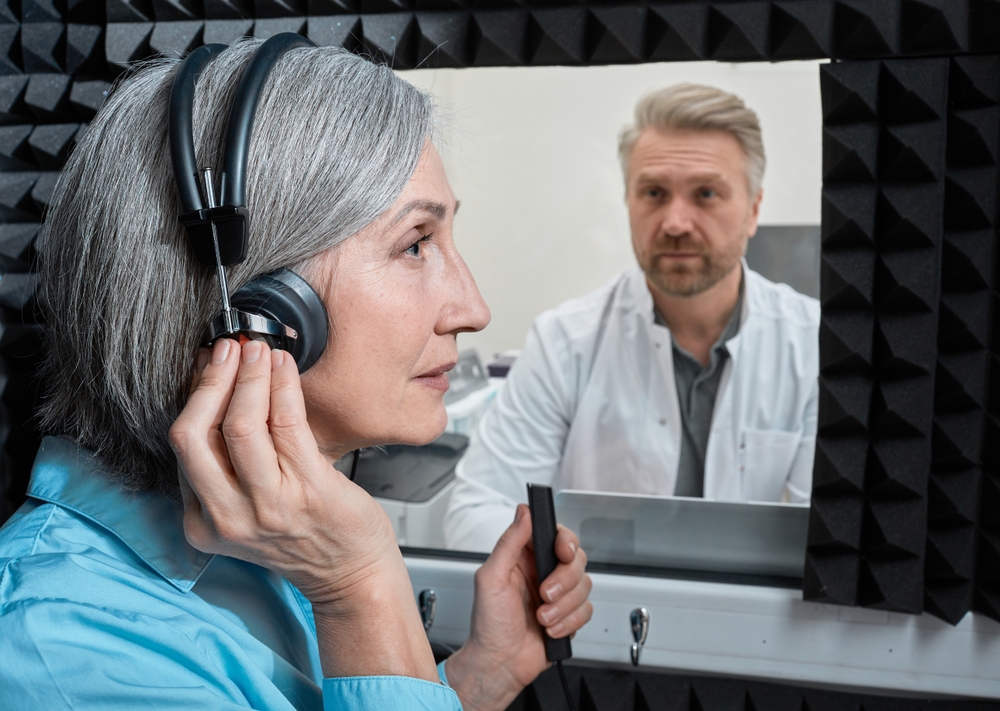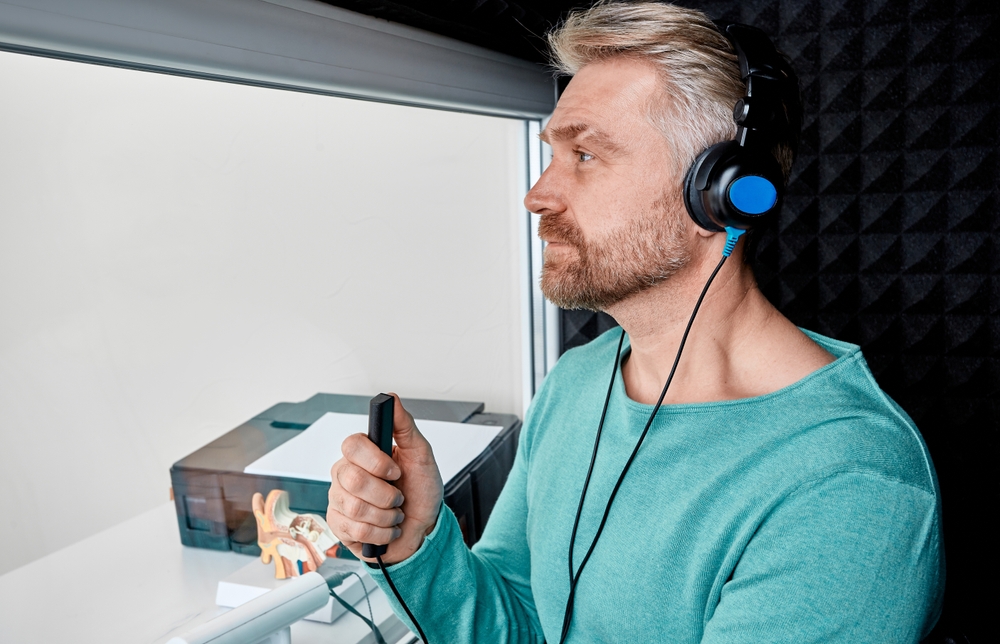Even if you have glasses (the kind you put on your face, not the kind you fill with liquid), you still see your eye doctor once a year, right? Because your eyes change over time. Nothing in your body is static–not your eyes and not, it turns out, your ears either. That’s why, just as it is with your eyes, it’s essential to keep getting your ears checked even after you’ve invested in a nice pair of hearing aids.
Unfortunately, many people miss those regular check-ups. Maybe they’ve been too busy enjoying their lives to get back in to see the doctor. Or it could be that your job has been stressful lately. Or maybe you’ve just been so happy with your hearing aids that you haven’t had a reason to go back in. That should be a good thing, right?
Getting your hearing checked
Let’s use Daphne as our fictional stand-in. Daphne has been noticing some red flags associated with her hearing for some time now. She keeps turning the TV up. She has difficulty following conversations at after-work happy hours in noisy restaurants. And so she goes to get her hearing checked (because she’s smart and she takes care of herself).
After consulting with her hearing specialist, Daphne does everything she is supposed to: she purchases hearing aids, which are then properly fitted and calibrated, and then she goes on with her life.
Problem solved? Well, yes and no. It’s fantastic that Daphne went in for a hearing screening and caught her hearing problems early. But for most people with a hearing impairment–even a small one–follow-up care becomes almost more important in the long run. Daphne would be doing herself a favor by keeping regular appointments. But Daphne’s not alone in avoiding check-ups–according to one survey, only 33% of seniors with hearing aids also used regular hearing services.
Why do you need check-ups once you have hearing aids?
Okay, remember our glasses metaphor? (It wasn’t all that long ago.) Just because Daphne has hearing aids now doesn’t mean her hearing will become static and stop changing. It’s important to adjust the hearing aids to counter those changes. Periodic testing helps monitor any changes in hearing and catch problems early.
And that’s not even the only reason why it might be a good idea to keep regular appointments with a hearing specialist once you have your hearing aids. Some of the most common reasons to ensure you make it to your next check-up include:
- Hearing aid calibration: While your overall hearing health may remain stable, small changes in your hearing might create the need for annual calibration of your hearing aid. Without this calibration, your hearing aids could slowly become less and less effective.
- Hearing deterioration: Even with a hearing aid, your hearing may continue to deteriorate. If this deterioration is slow enough, you probably won’t realize it’s happening without the aid of a hearing screening. Appropriate alterations to your hearing aids can often slow hearing declines.
- Your fit may change: Because your ears are always changing, it’s entirely possible that the way your hearing aids fit around and in your ears will shift. Regular check-ups can help ensure that your hearing aids continue to fit the way they’re designed to.
Dangers and roadblocks
The ultimate concern, here, for hearing specialists is that eventually, the hearing aids Daphne is wearing will stop working the way they’re intended to, so she’ll get frustrated with them and stop wearing them altogether. Wearing hearing aids helps slow down hearing loss over time. If you stop hearing them, not only can your hearing deteriorate faster, you might not notice it right away.
If you want your hearing aids to continue working at an optimal level, regular check-ups are going to be your best bet in terms of achieving that. Annual hearing exams or screenings can help you make sure your hearing aids are working as they should and that your hearing remains protected.



